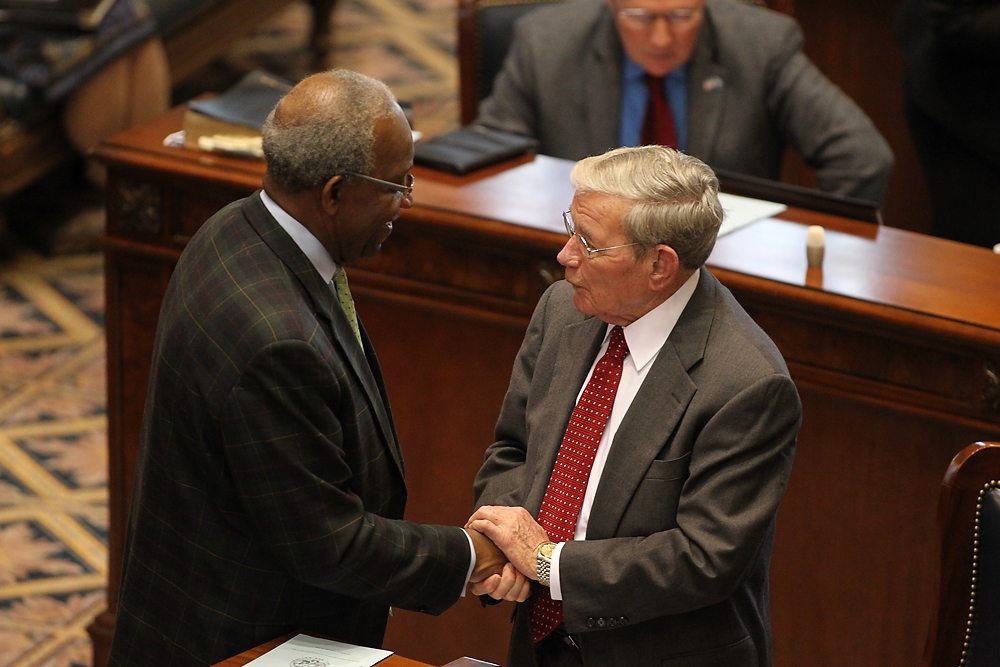SC Judicial Scandal: Alleged Backroom Deal Detailed
ANOTHER RIGGED SUPREME COURT ELECTION? We were trying to take it “one scandal at a time”You must Subscribe or log in to read the rest of this content.
ANOTHER RIGGED SUPREME COURT ELECTION?
We were trying to take it “one scandal at a time”
